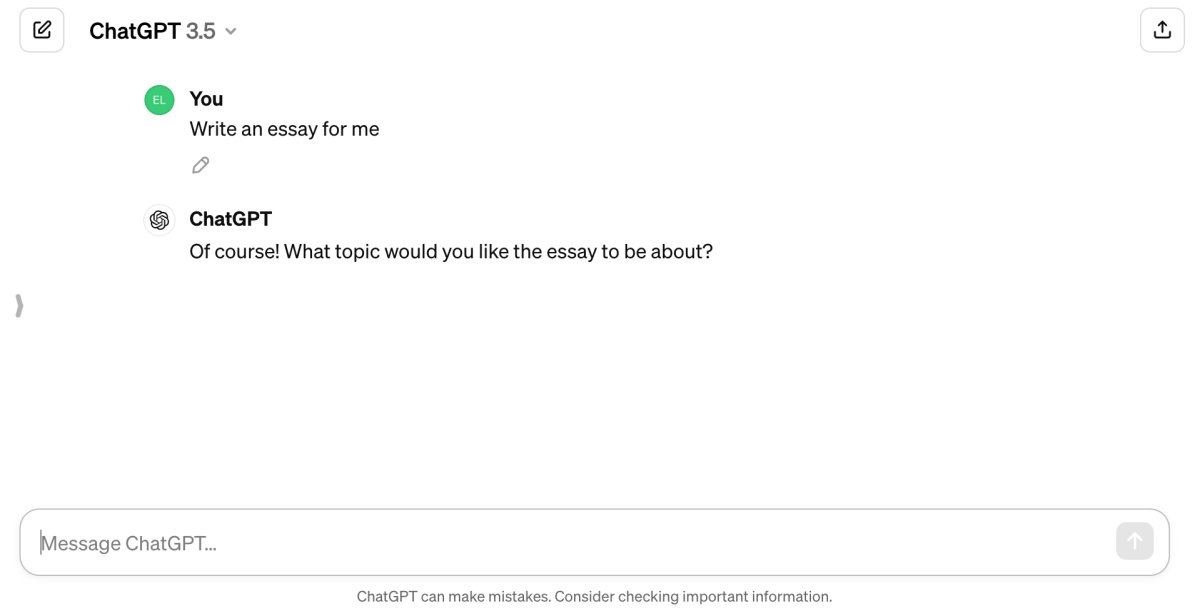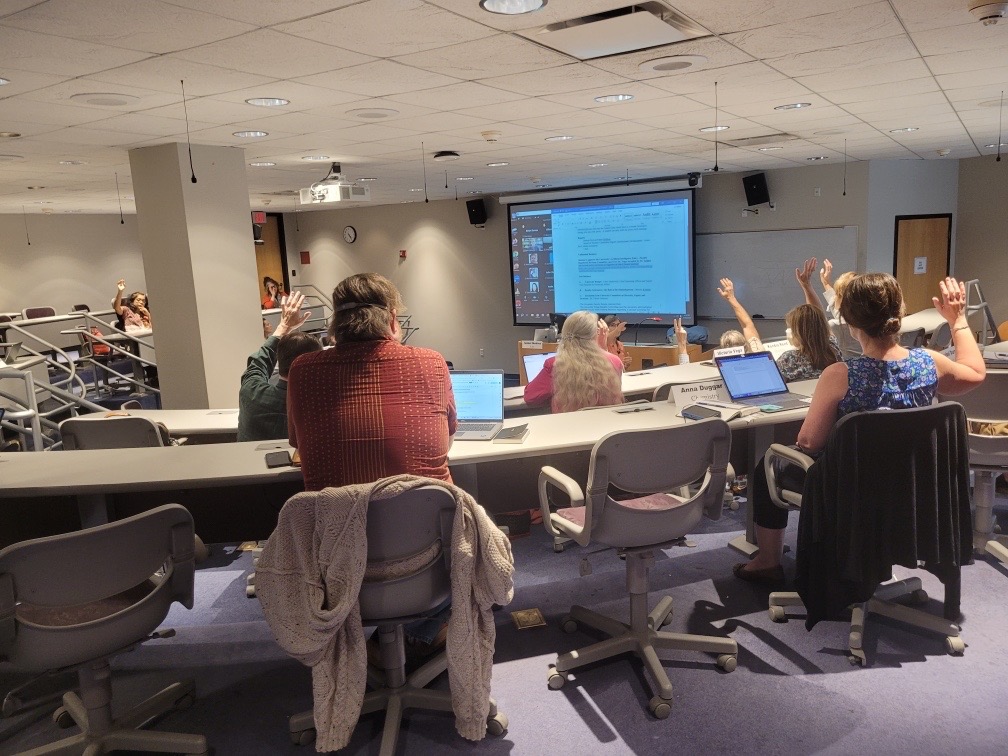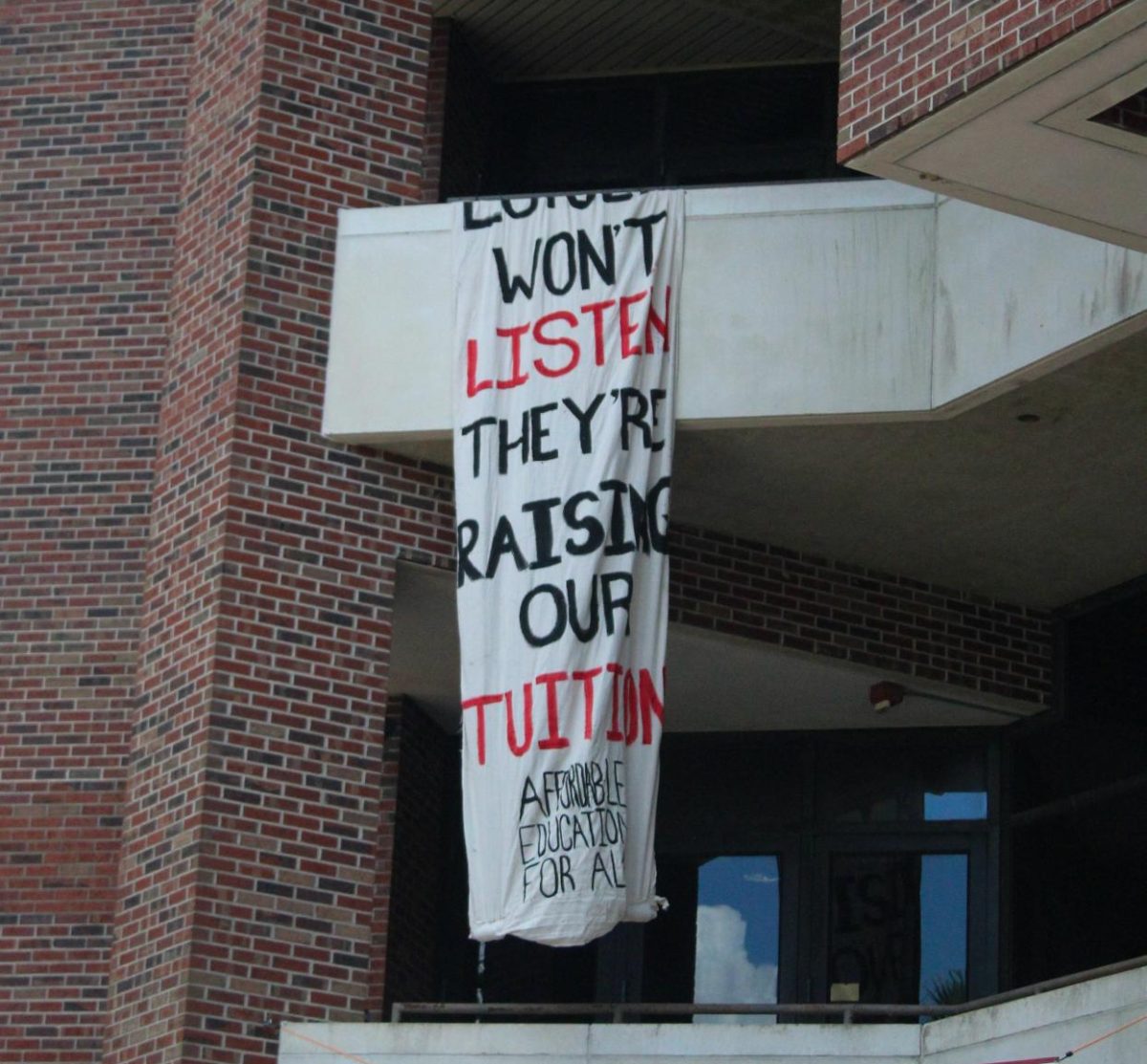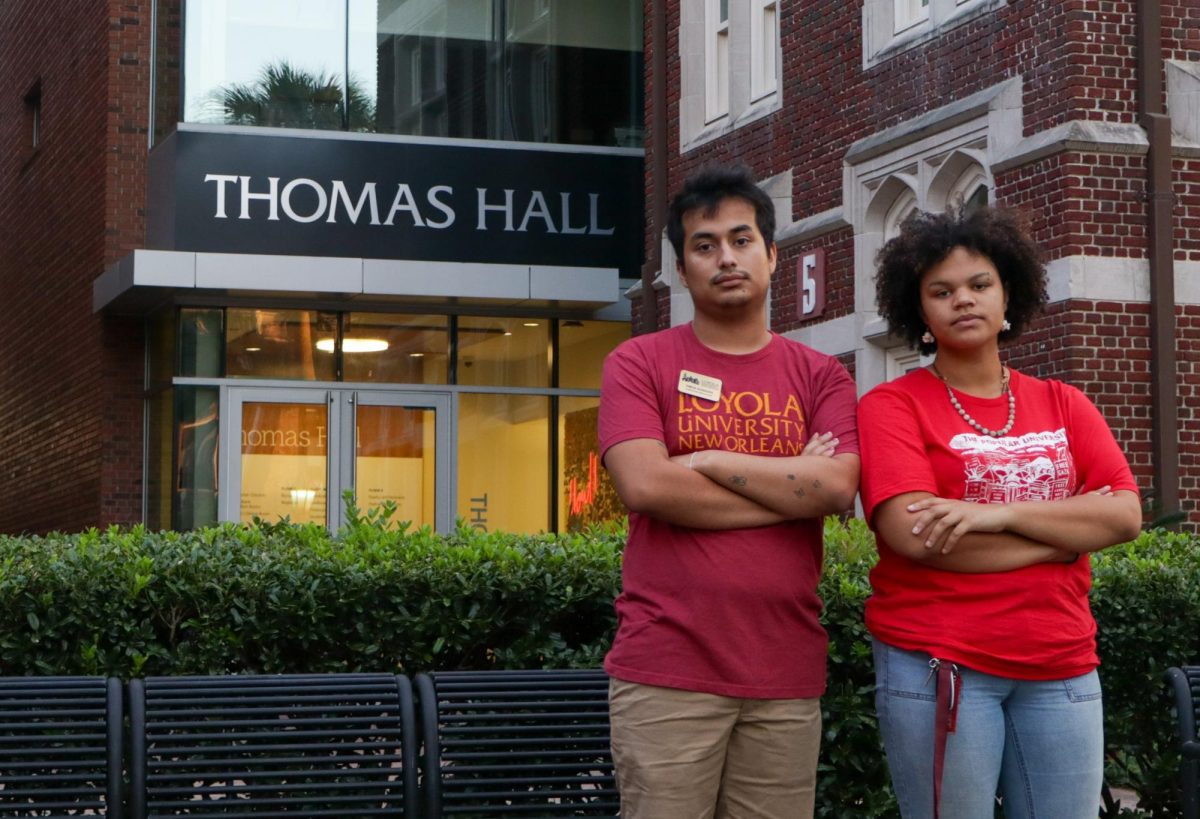A new university policy on artificial intelligence for faculty and students is being considered for approval by the University Senate.
The issue is one that is of great concern to university faculty, especially regarding the transparency between them and their students on the work that’s being done.
The vote comes as the world of AI continues to disrupt many institutions of higher education across the United States.
“The catalyst for the policy was the acknowledgment that generative AI was available and quite capable of performing tasks in some respects competitively with humans, which raised many concerns on how best to respond to the availability of the software by students, faculty, and staff,” M. Isabel Medina, the chair of the university senate, said.
The policy seeks to establish a new set of guidelines for the Loyola community to abide by on how to navigate the usage of the technology and to fill a gap in the university’s rules and regulations.
“We do not currently have an AI policy other than a brief point in the academic honor code about using AI,” Vice Provost and policy author Erin Dupuis said.
Dupuis stated that this new policy pertains to the use of generative AI in the classroom, research, hiring, and several other areas of university life.
“We think it’s important to comprehensively think through the ethical and educational uses of AI on a university campus,” she said. “We aspire to be proactive rather than reactive.”
By having a policy in place, faculty members would be able to have a set of guidelines to tailor their policies toward student AI usage.
“As I understand it, the policy preserves faculty’s discretion in deciding how best to incorporate generative AI into teaching, or whether to prohibit use of generative AI by students,” Medina said. “It also makes it clear the responsibilities that faculty have in using the software.”
The policy could also clear up some confusion students may have about what uses of artificial intelligence are allowed inside and outside of the classroom.
“We have no intention of banning AI use on our campus, but students must be careful to use it ethically and with guidance,” Dupuis said. “The policy guides students about AI use outside of the classroom for other university activities and for AI use in research.”
However, the potential approval of the policy does not mean that it will remain a fixed document after that, with school leaders recognizing the rapidly changing terrain of AI technology.
Dupuis said the policy can be reviewed at any time; however, she said it clearly states the university senate will review and adjust the policy every two years, as needed.




















